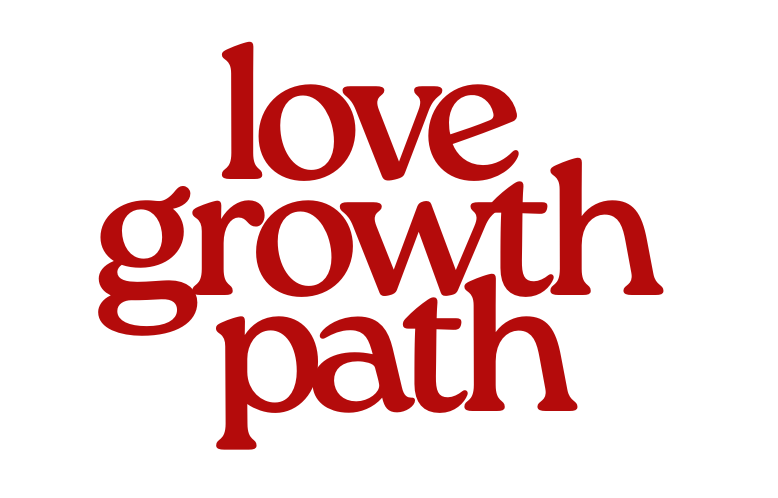Women Who End Up Alone Always Make These 6 Mistakes
Have you ever wondered why some women seem to find lasting love with ease, while others find themselves alone, struggling to connect deeply? Women who end up alone always make these 6 mistakes, and recognizing them is the first step towards changing your story. Whether you’re single by choice or circumstance, this post unveils the subtle habits that often keep women isolated and how to break free from them.
1. Expecting Perfection and Setting Unrealistic Standards
Imagine shopping for the perfect pair of shoes but only looking at a single style in one exact color, ignoring shoes that might fit better or feel more comfortable. This is how expecting perfection in partners plays out for many women who end up alone. Sofia once told me she dismissed a great guy because “he didn’t have a career as impressive as mine.” It’s easy to think you deserve only the best, but sometimes that bar is set so high it creates a fortress, not a doorway. Relationships thrive on connection, flaws and all.
2. Neglecting Self-Reflection and Emotional Growth
Have you ever tried fixing a sinking boat by patching the holes without checking if there’s a leak below the surface? Avoiding honest self-reflection is like ignoring the leaks that can slowly sink relationship hopes. Lisa spent years dating, blaming everyone but herself when things went wrong. Only when she faced her own fears and insecurities did she start building healthier relationships. Growth starts from within; it’s the anchor that steadies a lasting bond.
3. Relying Too Heavily on Others for Happiness
Picture a house built on sand. When waves come, it shakes and often collapses. Women who expect partners to complete them or fill emotional voids often find themselves alone when those relationships falter. Emily used to say, “I can’t be happy until I’m with someone.” But after a particularly tough breakup, she realized her joy had to come from *her*, not him. Happiness is a garden you tend to yourself before sharing its blooms with someone else.
4. Ignoring Red Flags Because of Fear of Being Alone
We’ve all been there—settling for less because the alternative feels scarier. Julia once stayed in a relationship where kindness was scarce, but she clung to hope because loneliness seemed worse. Ignoring red flags is like walking blindfolded into a storm hoping to find shelter. It’s okay to crave companionship, but safety and respect must come first. Learning to be alone without fear is the true superpower.
5. Avoiding Vulnerability and Authentic Communication
Think about trying to tune a guitar without touching the strings. Withholding vulnerability keeps others at arm’s length and makes genuine connection impossible. Anna, who’s always been the ‘strong one,’ realized she pushed people away by avoiding honest conversations. Once she allowed herself to be seen—not just the highlights but the messy parts too—she attracted deeper, more meaningful relationships. Vulnerability isn’t weakness; it’s the bridge to intimacy.
6. Staying in Comfort Zones and Not Taking Social Risks
Imagine a garden that never sees the sun because it’s always stuck inside a cage. Many women stay in their comfort zones, not joining new activities, meeting new people, or trying fresh experiences that could ignite love. Rachel met me at a coffee shop, sharing how online dating terrified her, so she never tried. Taking small social risks, like attending a meetup or striking up a conversation with someone new, can open doors to possibilities you didn’t even know existed.
Wrapping Up: Turning Mistakes Into Growth
If you recognize some of these habits in yourself, don’t worry—you’re far from alone, and it’s never too late to change. True connection starts with awareness and kindness towards yourself. Challenge the need for perfection, embrace vulnerability, and dare to step out of the comfort zone. Relationships are messy, beautiful journeys, not fairy tales with perfect endings.
Ready to rewrite your story? Start by reflecting on these six common mistakes, then share your thoughts or experiences below. If you found this helpful, please share this post with friends who might need it too!
[Insert related post link here]
For deeper insights on emotional intelligence and relationships, check out this Psychology Today article on Emotional Intelligence.





